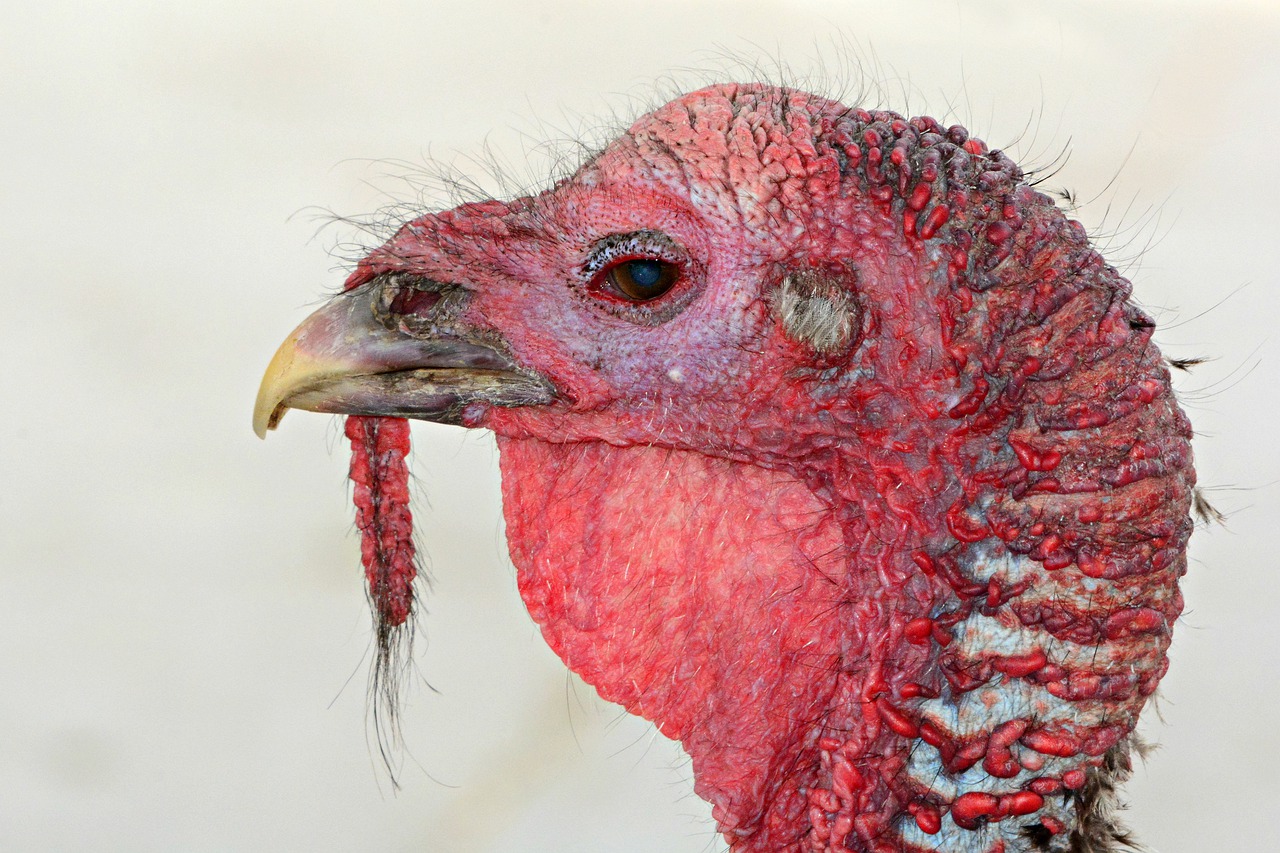
The UK government has instructed that all captive birds, including hens and turkeys, should be kept indoors due to the bird flu outbreak.
The chief vets for England, Scotland and Wales decided that all captive birds in the UK need to be taken indoors after several cases of bird flu were discovered among both captive and wild birds.
Joint statement on bird flu
While human risk is "very low" and the outbreak should "not affect the consumption of poultry products", the veterinary chiefs released a joint statement saying "swift action" was necessary.
The statement read: "Whether you keep just a few birds or thousands, from 14 December onwards you will be legally required to keep your birds indoors, or take appropriate steps to keep them separate from wild birds."
"We have not taken this decision lightly but it is the best way to protect your birds from this highly infectious disease," it continued.
While there are various bird flu strains, most do not affect or are not easily caught and transmitted by humans.
The National Health Service (NHS) noted that while there have been deaths outside the UK that were caused by some strains, the H5N8 strain, which currently makes up most of the cases in the country, has not infected any humans yet.
Outbreak and impact on free range birds
In Norfolk, a turkey farm was found to have an H5N8 bird flu outbreak and as a result, all of the birds there will be slaughtered to prevent its spread.
In order to limit the spread of the disease, the Department for Environment Farming and Rural Affairs (Defra) set up a temporary three-kilometer exclusion zone around the farm, near Attleborough.
It also established a 10 kilometer surveillance zone. Public Health England explained that the risk of transmission to humans was low.
The directive will greatly affect poultry farmers in the UK, especially as the Christmas holidays near, but it actually applies to all bird owners in the country. Poultry refers to birds, such as chickens, ducks, turkeys, geese, pigeon bred for meat, partridge, quail, guinea fowl and pheasants.
Defra assured that poultry products, including eggs, are still safe to consume. The measures have no particular end date but Defra said regular review on them will be conducted.
Poultry farmers who are forced to move their birds indoors under such circumstances are allowed to continue marketing the meat as "free range" as long as the measures do not go beyond 12 weeks.
Meanwhile, eggs may still be considered free range if they do not exceed 16 weeks. All products that stay indoors beyond these time frames will then be downgraded to the category of "barn produced".
National Farmers' Union chief poultry adviser Aimee Mahony called the new measures in place as "a logical next step".
"These new measures mean that every poultry keeper, whether you have one hen in the garden or a large poultry business, must house their birds indoors and I would urge everyone with poultry to take these measures seriously," Mahony explained.






